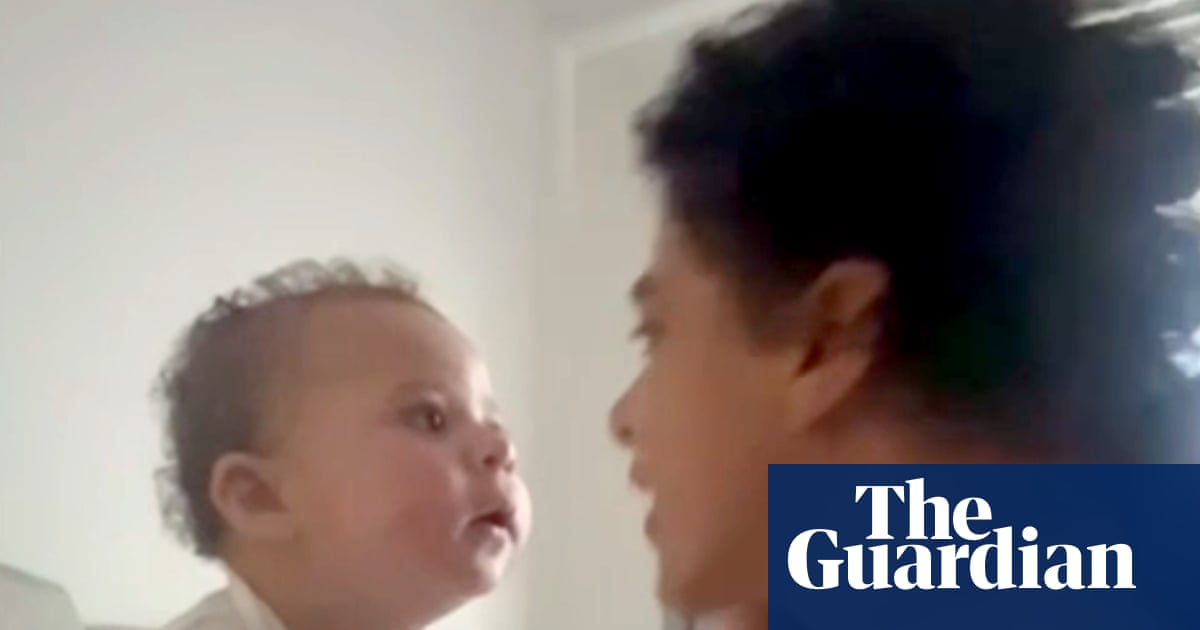cross-posted from: https://feddit.uk/post/14265279
The upward intonation, the guttural “ck” and even the cheeky comeback to win the argument: at just 19 months old, baby Orla has mastered the crucial elements of speaking like a scouser.
Impressively, the toddler who featured in a viral video this week appears to have done so without the need for actual words.
A clip posted on TikTok, and now viewed more than 20m times, shows Orla babbling in a Liverpudlian accent as her babysitter, Olayka, tries and fails to coax her into taking a nap. Scientists say that the cute exchange is also a vivid illustration of the processes by which babies acquire language – and the surprising role of accents.
Babies are so tuned in to the musical ups and downs of speech that even as newborns they cry in distinctive ways that reflect the languages that they have heard while in the womb.
In one 2009 study, Prof Kathleen Wermke, a pioneer in the field of speech development at the Würzburg University in Germany, found that French infants tend to wail on a rising note and German babies favour a falling melody and other patterns have been seen for Mandarin, Swedish and African languages. “When I started 40 years ago, if I told people I was recording babies crying and making high-pitched sounds they’d look at you and think ‘Is this really science?’,” she said.
This is the best summary I could come up with:
The upward intonation, the guttural “ck” and even the cheeky comeback to win the argument: at just 19 months old, baby Orla has mastered the crucial elements of speaking like a scouser.
A clip posted on TikTok, and now viewed more than 20m times, shows Orla babbling in a Liverpudlian accent as her babysitter, Olayka, tries and fails to coax her into taking a nap.
Babies are so tuned in to the musical ups and downs of speech that even as newborns they cry in distinctive ways that reflect the languages that they have heard while in the womb.
In one 2009 study, Prof Kathleen Wermke, a pioneer in the field of speech development at the Würzburg University in Germany, found that French infants tend to wail on a rising note and German babies favour a falling melody and other patterns have been seen for Mandarin, Swedish and African languages.
The advent of machine learning has allowed researchers to analyse huge datasets of home-recorded infant and toddler sounds and this shows, as many parents would recognise, that babies don’t all acquire language in the same way.
“The effect is so strong that we can bring a mum or dad into the lab and the parents that say the most words, their babies’ vocabulary grows at a faster rate and that benefit lasts years into the future.”
The original article contains 823 words, the summary contains 226 words. Saved 73%. I’m a bot and I’m open source!



